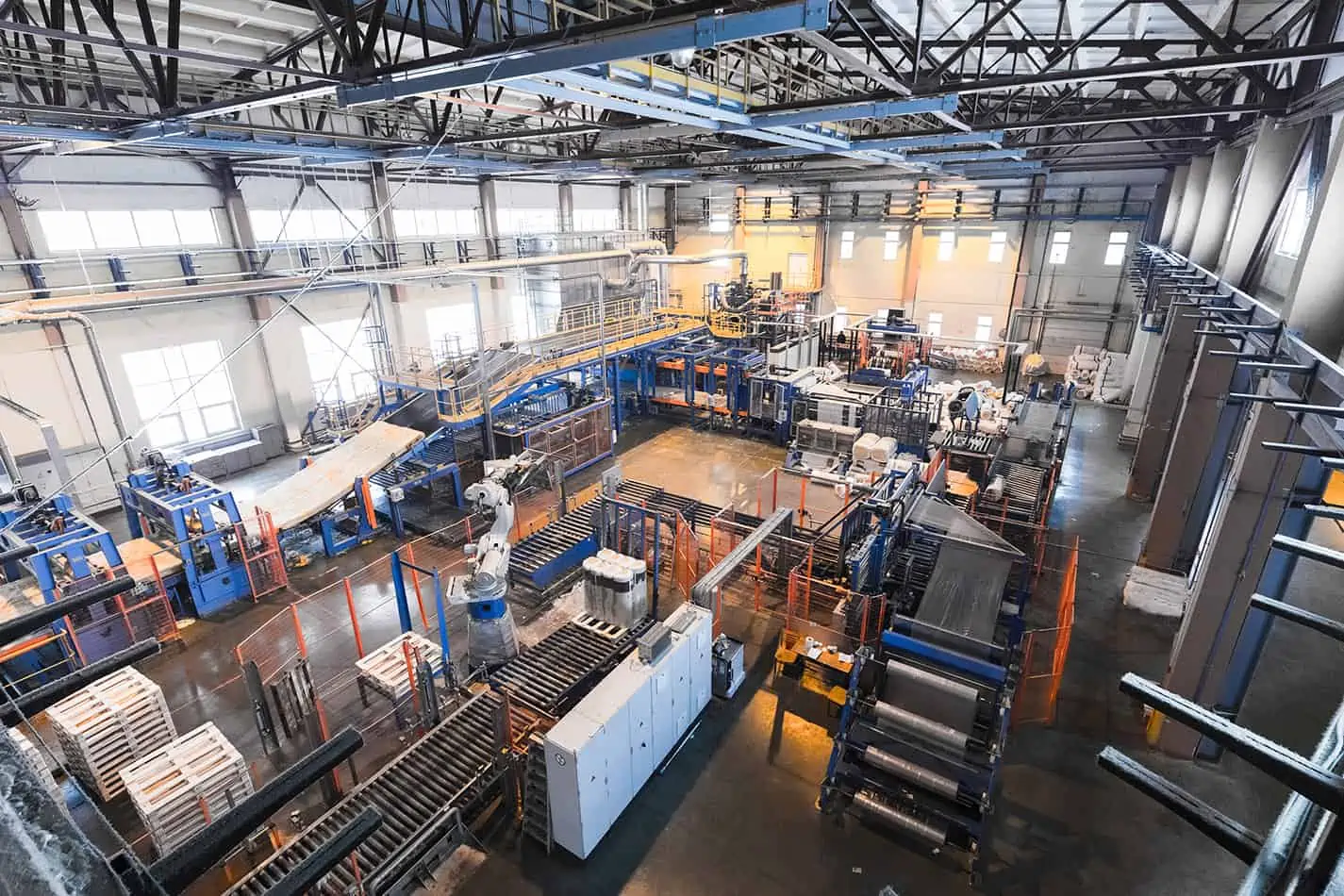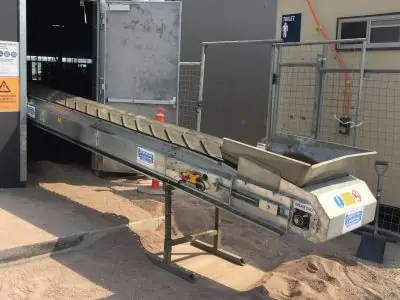A conveyor system is a classic piece of mechanical handling equipment for transporting materials from one location to another. Traditionally, conveyor systems were used to transport products into ships at ports. However, their applications have expanded and are now used in various industries, including manufacturing.
Conveyors come in different shapes, sizes, and materials, and the one you choose depends on your needs and requirements. Common examples include flat belt rubber, cleated rubber belt, metal rollers and chevron rubber belt.
When conveyor equipment is designed and implemented to meet the manufacturing industry’s requirements, the result is an efficient and safe system. Here are some of the benefits of using conveyors in manufacturing plants.
1. Minimise Manual Labour
Before the invention of conveyors, manufacturing firms used to transport materials from one point to another using manual labour. The method was slow and strenuous and forced industrial manufacturers to spend a lot of funds on labour costs.
Industrial conveyors have revolutionised the manufacturing sector by speeding up material transportation and cutting labour costs. With a suitable conveyor, you can reduce significant expenses such as recruitment, training, retention, and wages.
2. Enhance Efficiency and Productivity
With conveyor systems, you can move materials between multiple levels quickly. This solution is particularly beneficial for materials that need to be moved in different directions of a processing plant.
The best part is that modern industrial conveyors are designed to eliminate manual loading and unloading of materials, so you don’t have to waste time supervising operations and workers. They also have speed controls that allow materials to be transported at optimal speed, minimising material waste. This enables you to achieve increased productivity and efficiency.
3. Reduce the Risk of Accidents
Installing the right conveyor equipment in your manufacturing plant can help minimise the risk of accidents. These systems are safer and often operated by trained staff. Plus, having conveyors in place means you need fewer employees, which can help reduce the number of workplace accidents. In addition, conveyor systems are automated; thus, workers do not need to carry heavy loads back and forth. As a result, workers can perform their tasks without being exposed to the risks of injuries or material damage.
4. Ultimate Control of the Speed of Transportation
With a conveyor system, you can assume complete control over the speed of material transportation, thanks to their automation capabilities. It also allows you to move delicate materials in different directions quickly without causing loss or damage. Generally, a large factory where items need to be transported in both directions will significantly benefit from a conveyor system.
5. Maintaining Quality Standards
Typically, different types of conveyors are designed for various purposes. Finding the right conveyor system for your manufacturing plant will help maintain the recommended quality standards.
Conveyor belts for handling manufacturing products must be efficient to move materials up and down on-site while ensuring maximum protection. Industrial conveyors are also cost-effective for transporting materials safely without compromising quality.
How Conveying & Hoisting Solutions Can Help
Conveying & Hoisting Solutions is Sydney’s leader in renting conveying systems for various industries, including manufacturing plants. We offer a wide range of conveyor belts for hire to fulfil all your manufacturing transportation needs.
Are you looking for rental conveyor equipment in Australia? We offer fast delivery countrywide. Contact us today to learn more about our conveyor belt hire services.





